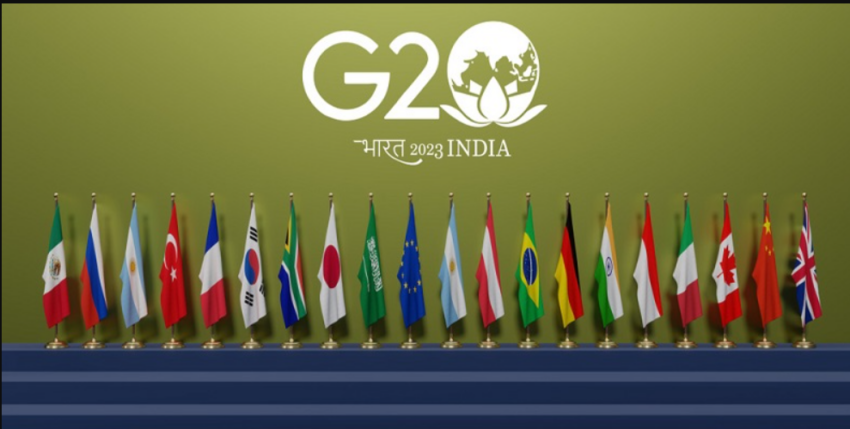At the G20’s third Health Working Group conference here, anti-microbial resistance and the “One-Health” paradigm were discussed in relation to climate change and health.
Official sources claimed the conversations took place on Monday during the June 4–6 conference.
India’s G20 presidency has three health goals. Health emergency prevention, readiness, and response with anti-microbial resistance and the One-Health framework are priority.
Another is pharmaceutical sector collaboration to provide access to safe, effective, and inexpensive medical countermeasures. India’s G20 presidency prioritizes digital health advances to improve healthcare delivery and universal health coverage.

Human, animal, and environmental health are integrated under One-Health.
Climate change and modern lifestyles may cause new health emergencies. These may be new infections or new locations. On Monday, Dr. V K Paul, Member (Health), NITI Aayog, stated severe temperatures or floods might cause other catastrophes.
“Climate change and its impact on health, human development, and economics is a larger and multi-dimensional issue that concerns us all,” he stated.
He added the G20 Health Working Group is studying climate change’s impact on One-Health. He said antibiotic use in people and animals and environmental residues cause anti-microbial resistance.
”That’s clearly a very important agenda and there is a consensus that we should visualize our response to health emergencies through the lens of One-Health and this also specifically applies to anti-microbial resistance on which again the G20 Health Working Group focuses,” Dr. Paul said.
”Everybody agrees this is important and the way to approach this is to have surveillance of the highest quality all over, sharing of data in a timely way so that an alert goes out for people who may not necessarily be in danger today but maybe tomorrow, and also to create counter-measures to respond to the challenge in a concerted time-bound way collectively,” he said.
”We all should cooperate together across sectors” to avoid, plan, and respond to health emergencies, he added.

